BHARAT HOMEOPATHY
The Good Physician Treats The Disease
The Great Physician Treats The Patient Who has The Disease
Professional Doctors
We Are A Team Of Certified And Specialized Doctors
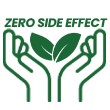
Zero Side-Effects
Customized Medicines To Suit Every Patient's Needs

Online Consultation
Assistance Is Available Through Video Calls And Messages
Success stories of our patients!

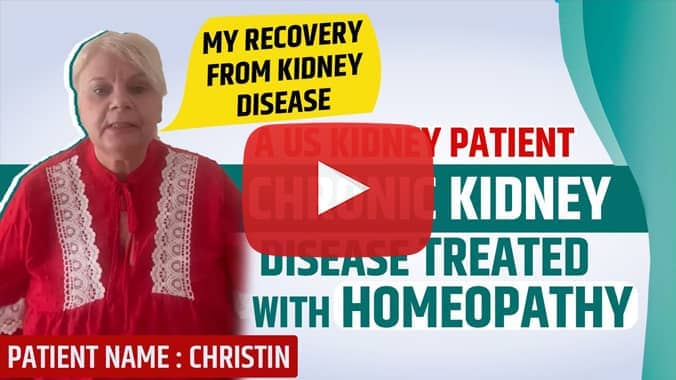

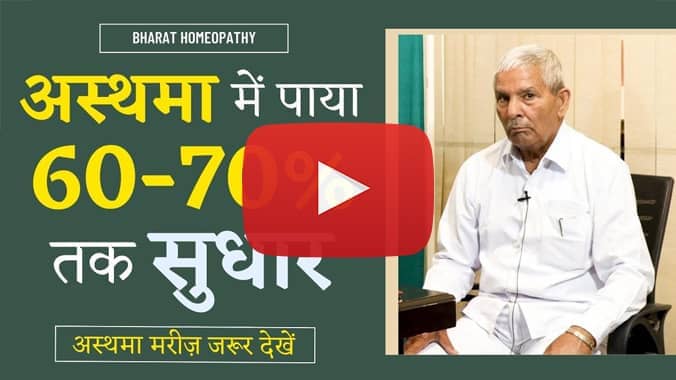

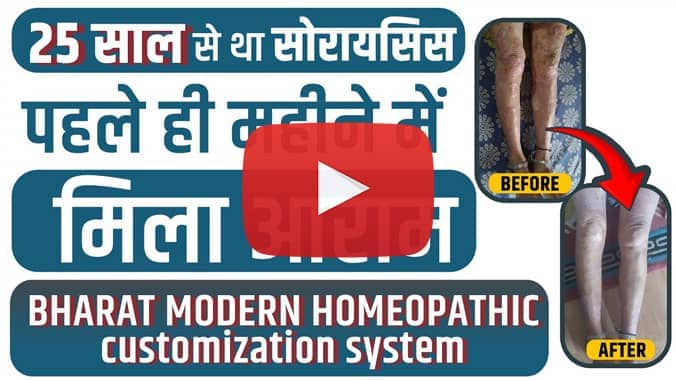

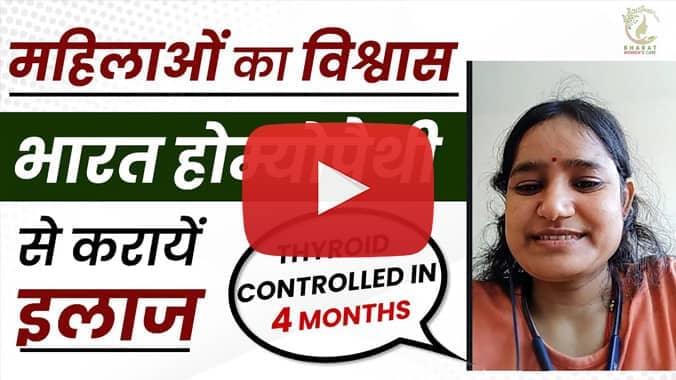
The Highest Standard Of Health Care Medical Clinic
Bharat Homeopathy
Bharat Homeopathy is a leading homeopathic organization all over the world. Doctors use Homeopathic Treatment to cure the disease. Since 1965 we have served numerous patients with chronic conditions with the help of natural substances and herbs without any side effects. Bharat Homeopathy gives you all forms of assurance for safe and effective treatment.
read more +Bharat Homeopathy
Consultation Advantages
Each day, over 200 patients engage in conversations with a Bharat Homeopathy doctor to uncover the underlying causes of their health concerns and receive tailored treatment right at their doorstep. Here are the factors contributing to the trust of millions worldwide.

Happy Patients

Doctors

Safe & Natural

Side Effects

Since 1965
Bharat Homeopathy is expertise in the medicinal world; it is the leading Homeopathy Clinic in India; we have helped numerous patients from all over India with homeopathic treatment in our Homeopathy Clinic.
Bharat Homeopathy is a well-known name in the medical field for its specialty in treating all types of kidney disorders. Our kidney treatment has shown impeccable results in the past and is paving the way to become a leading kidney disease Clinic worldwide. Our experts guide patients for all kidney-related medical conditions, including; Kidney Cysts, Lupus Nephritis, Kidney Infection, IgA Nephropathy, Glomerulonephritis, Acute Kidney Failure, Nephrotic Syndrome, Chronic Kidney Disease, Diabetic Kidney Disease, Kidney Disease Treatment, Polycystic Kidney Disease, Acute Kidney Injury Treatments, Kidney Swelling (Hydronephrosis).
Our Treatments
Bharat Homeopathy is expertise in the medicinal world; it is the leading Homeopathy Clinic in India; we have helped numerous patients from all over India with homeopathic treatment in our Homeopathy Clinic. And treat their chronic disorder without any side effects from their root cause. Homeopathic treatment is very safe, and their medicines contain natural and herbal substances. We don't prescribe generic medication to our patients. Instead, our doctors provide the best homeopathic-based treatment with proper guidance and a well-researched diet according to disease that can help patients. And also provides some facilities that cure patients physically and psychologically.
Kidney Disease Treatment
Kidney Disease is identified by the creatinine level of the human body, wherein in another medical system, there is no natural treatment for kidney disease.
read more +Skin Disease Treatment
In Skin Diseases, most patients trust homeopathy for long-term treatment; its main aim is to cure the excess histamine releases, which is the primary root cause of skin diseases.
read more +Varicocele Treatment
Varicocele refers to the abnormal dilation and enlargement of veins inside the scrotum, a skin pouch holding testicles. The left side of the scrotum is where varicoceles typically appear.
read more +Male Infertility Treatment
It is a significant problem that any man can face in life; it's not a disease. It is the result of some hormonal imbalance due to an unhealthy lifestyle. In this disorder.
read more +Liver Treatment
The liver is an essential organ that breaks down food, cleanses the body, and synthesises essential proteins. It frequently cleanses the body's toxic substances by disintegrating them into smaller byproducts.
read more +Respiratory Diseases
Respiratory diseases typically affect the respiratory system of the human body. These diseases can affect the life of patients physically or psychologically. The reason for these diseases is varied countries to country.
read more +Our Specialists
Meet Our Doctors
We are Bharat Homeopathy. Place where we treat you with care. Here the specialized team of Doctors provides a treatment that gives satisfactory results and helps people cure their consistent problems.
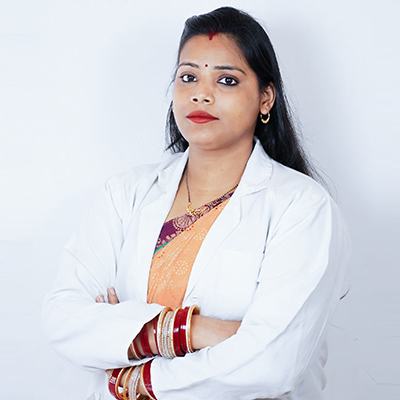

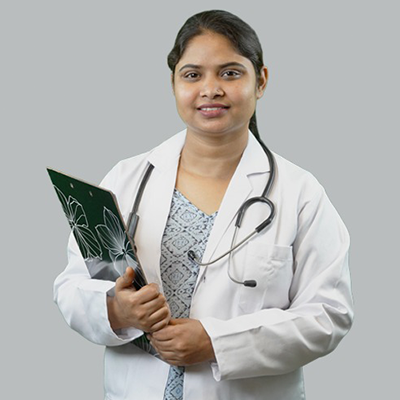

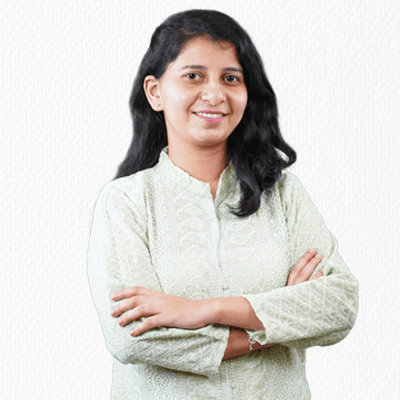
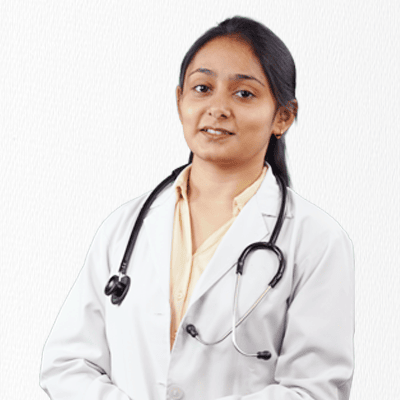

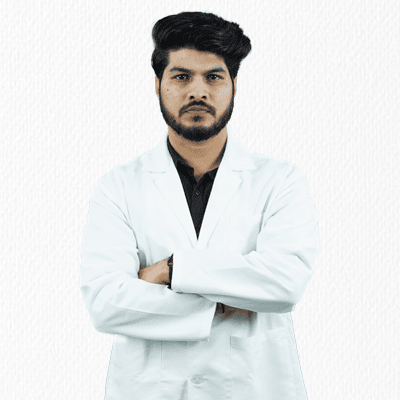



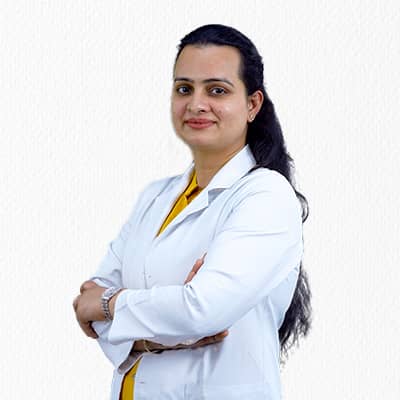
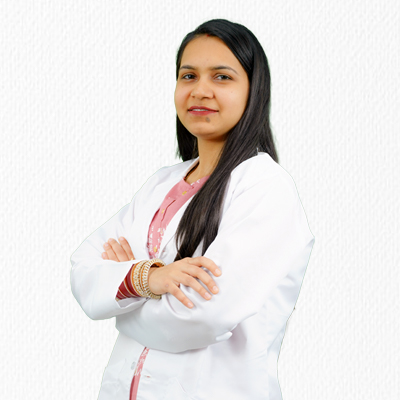

What They Say
Patients Reviews
I have been battling diabetes for 22 years. Unfortunately, when I had tests for KFT and diabetes, I also learned that my creatinine levels were elevated and had reached 1.80 mg/dl. As a result, I have been experiencing numerous issues, including hypertension, indigestion, appetite loss, and weight loss. After speaking with Bharat Homeopathy, I experienced relief from many of these problems.
Abdul Majid Bhatt
I have had asthma for one and a half years. I used to cough a lot and could hear sounds from my chest while breathing. I also faced heaviness due to congestion in my chest. But now, after being treated at Bharat Homeopathy, I am seeing a speedy recovery.
Reema
Three years before, I occasionally had rashes on my skin. I went to an allopathic doctor, and he said I had psoriasis and gave me some medicines from which I had relief in my itching, but patches were growing simultaneously. One day, I was searching for treatment options and found out about Bharat homeopathy. After receiving treatment from Bharat Homeopathy, my patches were cured in 5 months, and I am now free from psoriasis. Thank you! Bharat homeopathy.
Sandeep
I had Grade 3 Varicocele and was depressed due to this problem. I was literally confused in deciding which treatment was to be trusted. Allopathic doctors recommended surgery which again is not a permanent solution. I came to know about Bharat Homeopathy three months ago through a YouTube video and took online consultation. I diligently followed the medication along with a proper diet chart and exercise, which helped me recover sooner and faster.
Harichand
My daughter, Aafia, had a patch of सफ़ेद दाग on her cheek at the age of 11. I struggled for proper guidance at many places, including PGIMER, Chandigarh, Kalka, and Panchkula, but I didn't find relief in her condition. Now after one year of dedicated care and attention at Bharat Homeopathy, she is completely alright. She strictly adhered to the guidelines and dietary routine as suggested.
Aafia's mother
our blog
Recent Articles and News
| Bharat Homeopathy
Everything you need to know about Vitiligo! Are those white spots and patches on your skin making you feel a little self-conscious? Don’t worry, you’re…
Read More +| Bharat Homeopathy
What is varicocele? Varicocele refers to a medical condition characterised by abnormal dilation and enlargement of the scrotal veins, which drain blood from each testicle.…
Read More +| Bharat Homeopathy
Understanding Lupus Nephritis and Its Impact on Kidney Function Understanding Lupus Nephritis and its impact on kidney function is crucial due to its significance in…
Read More +Media Partners
Bharat Homeopathy is proudly associated with...










